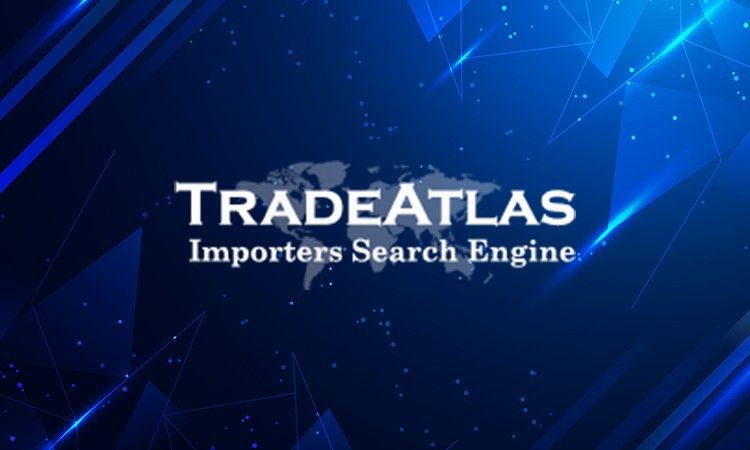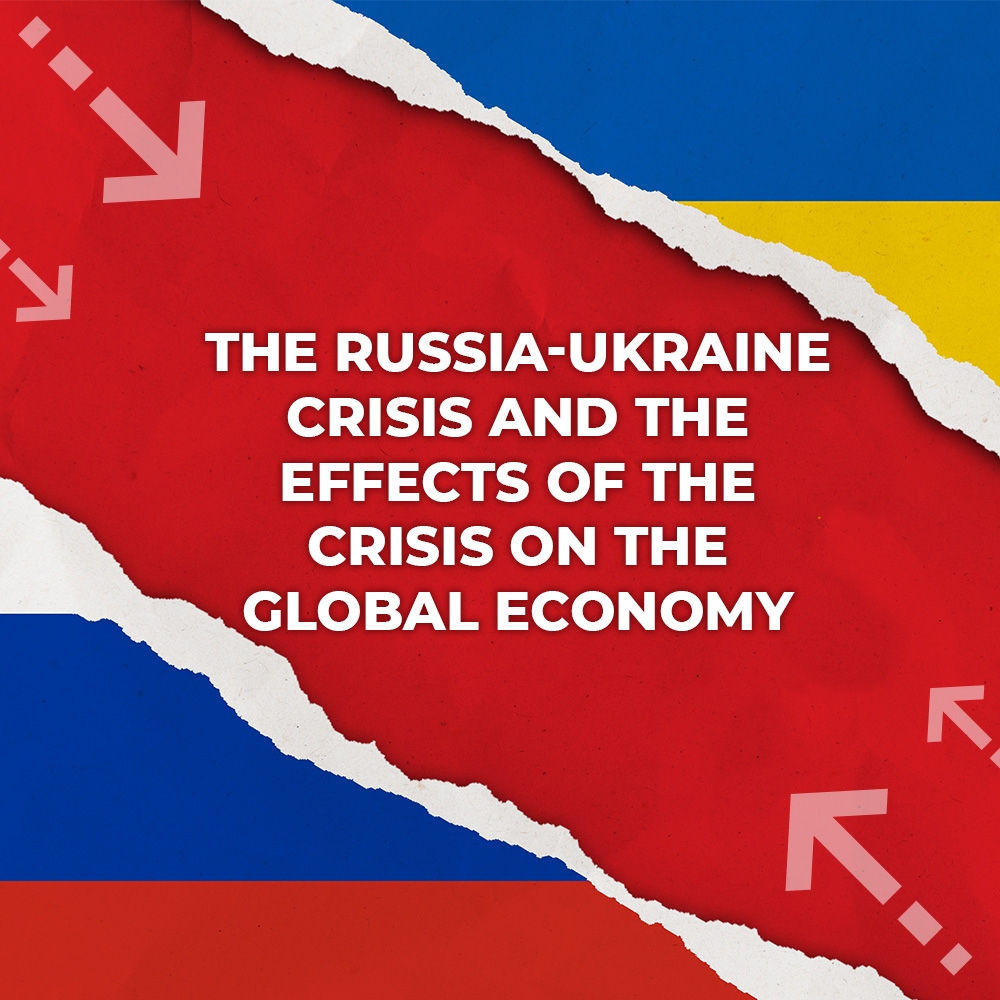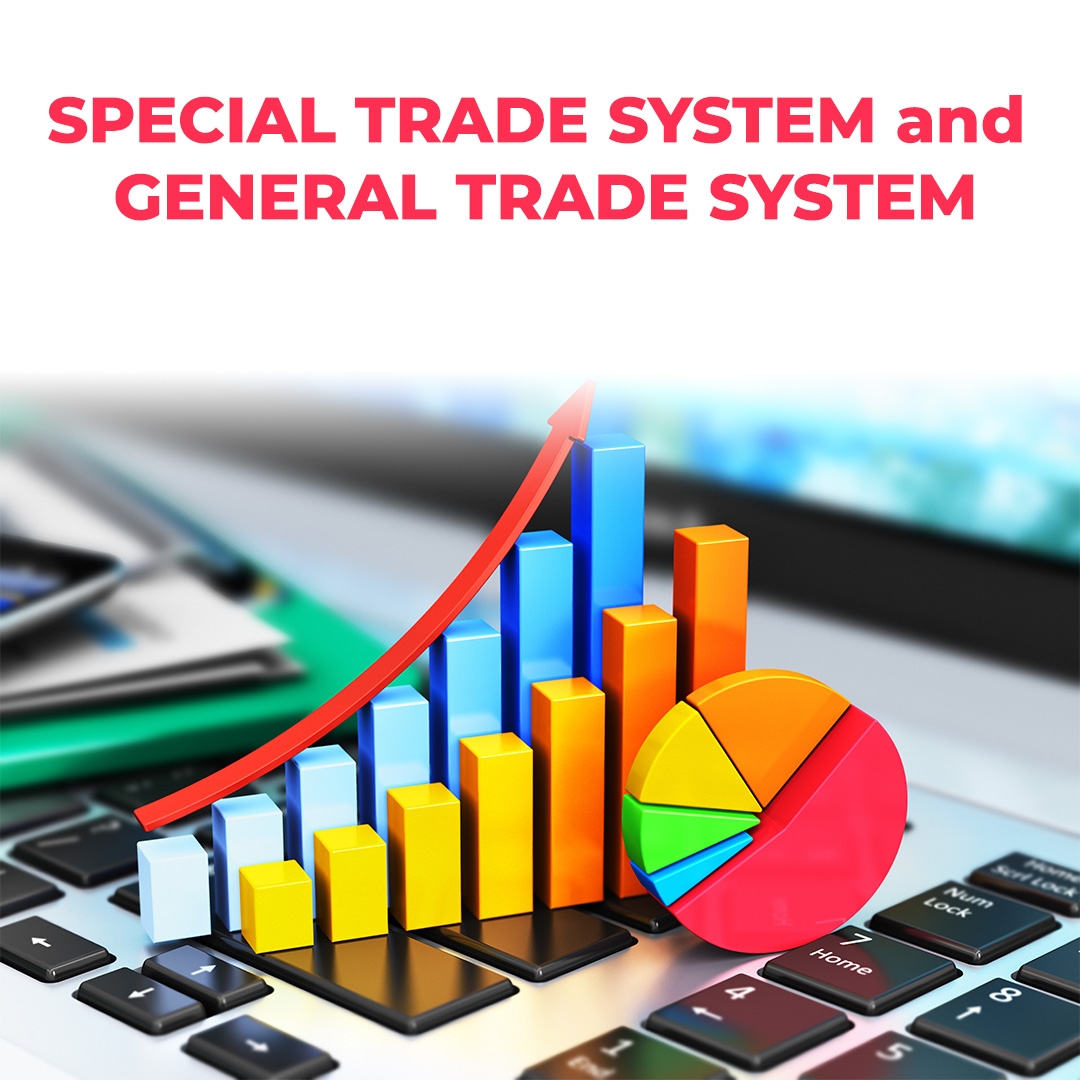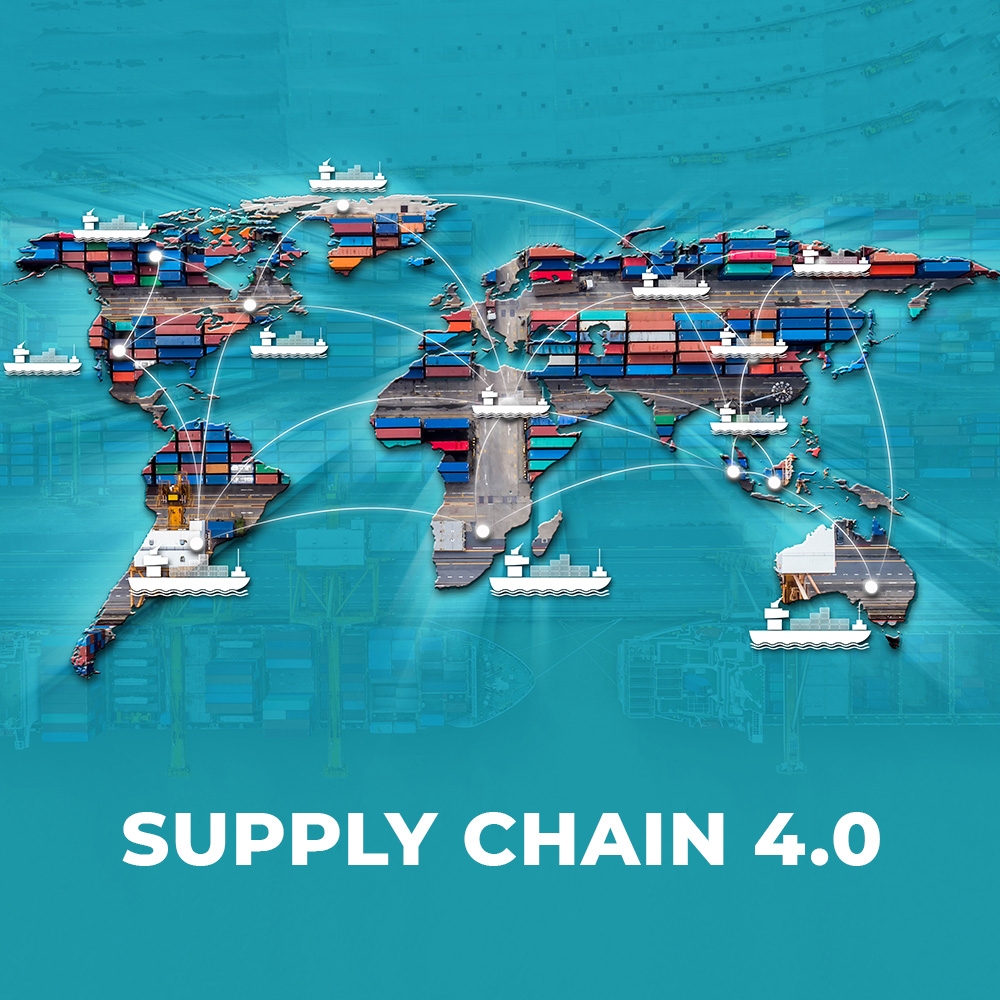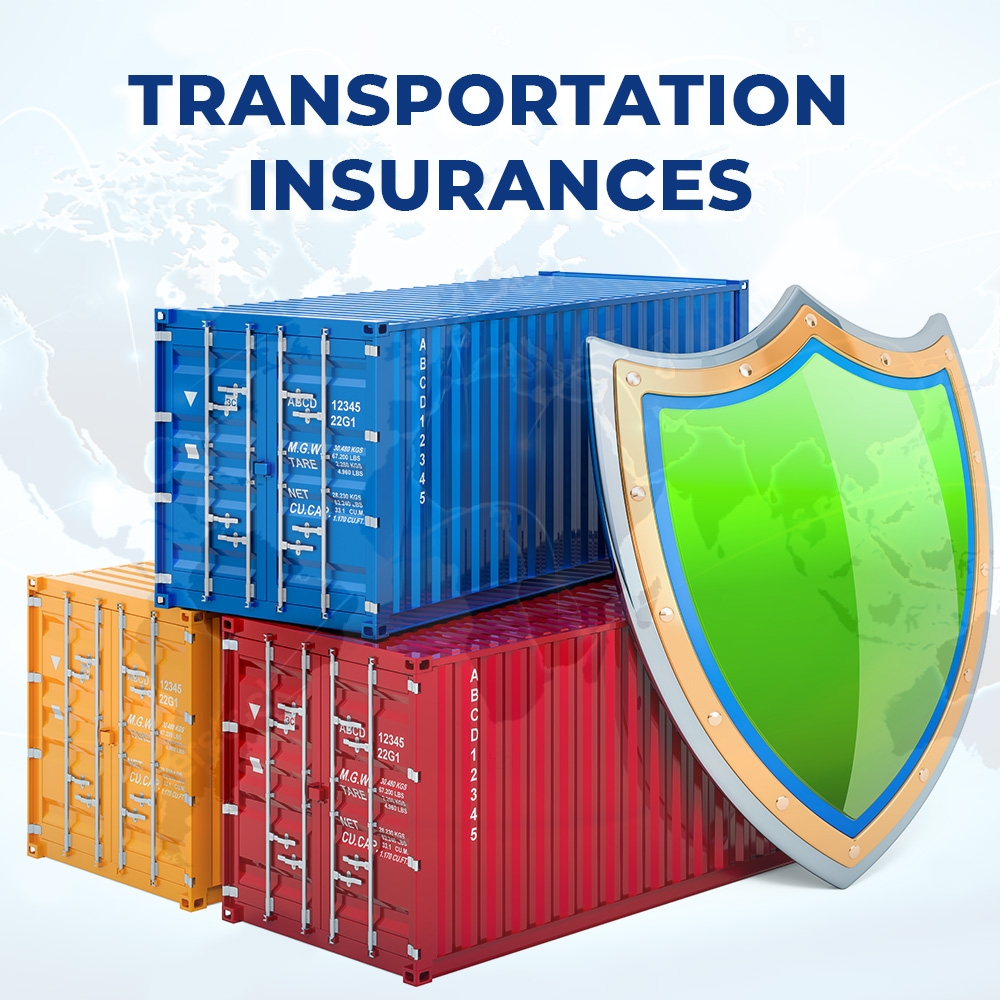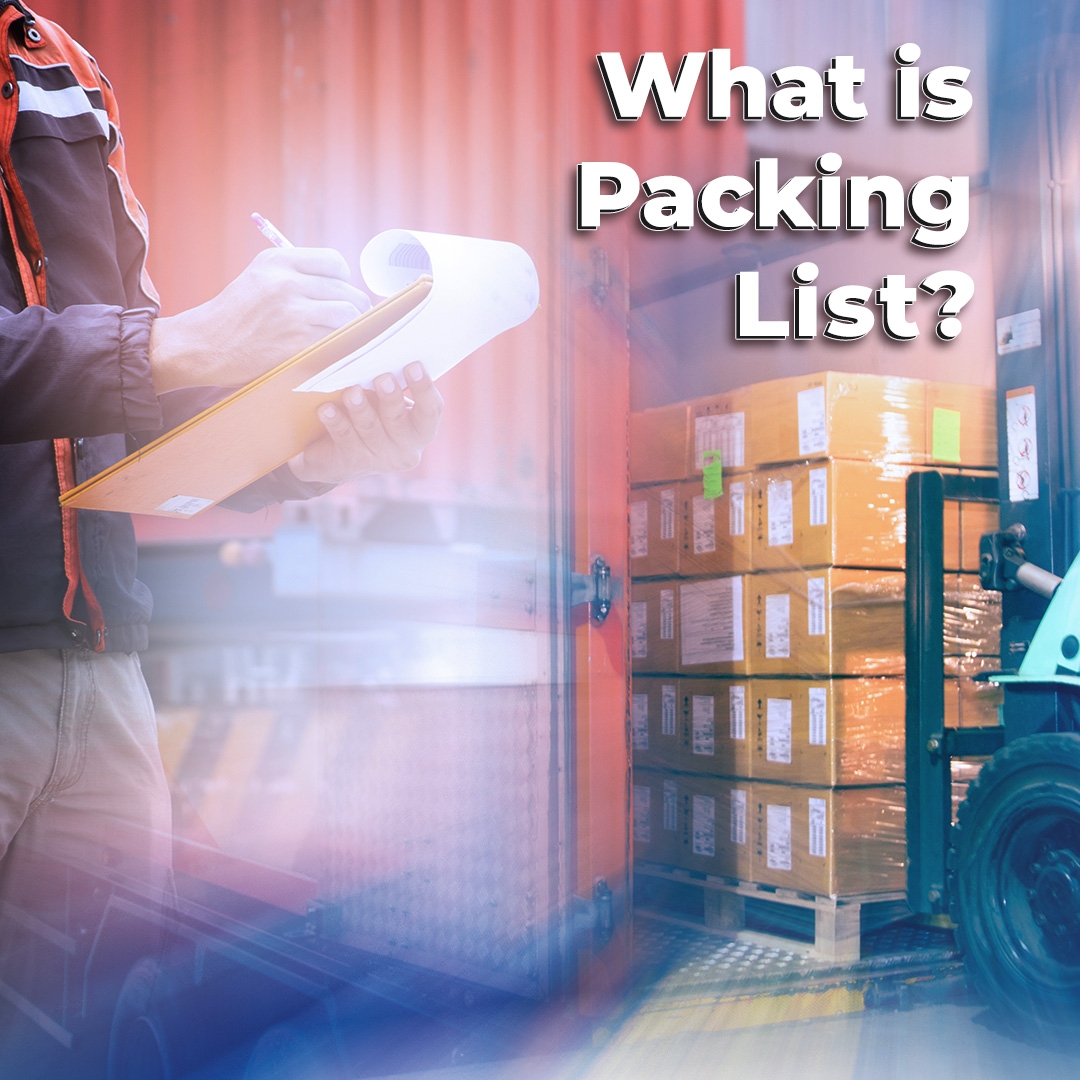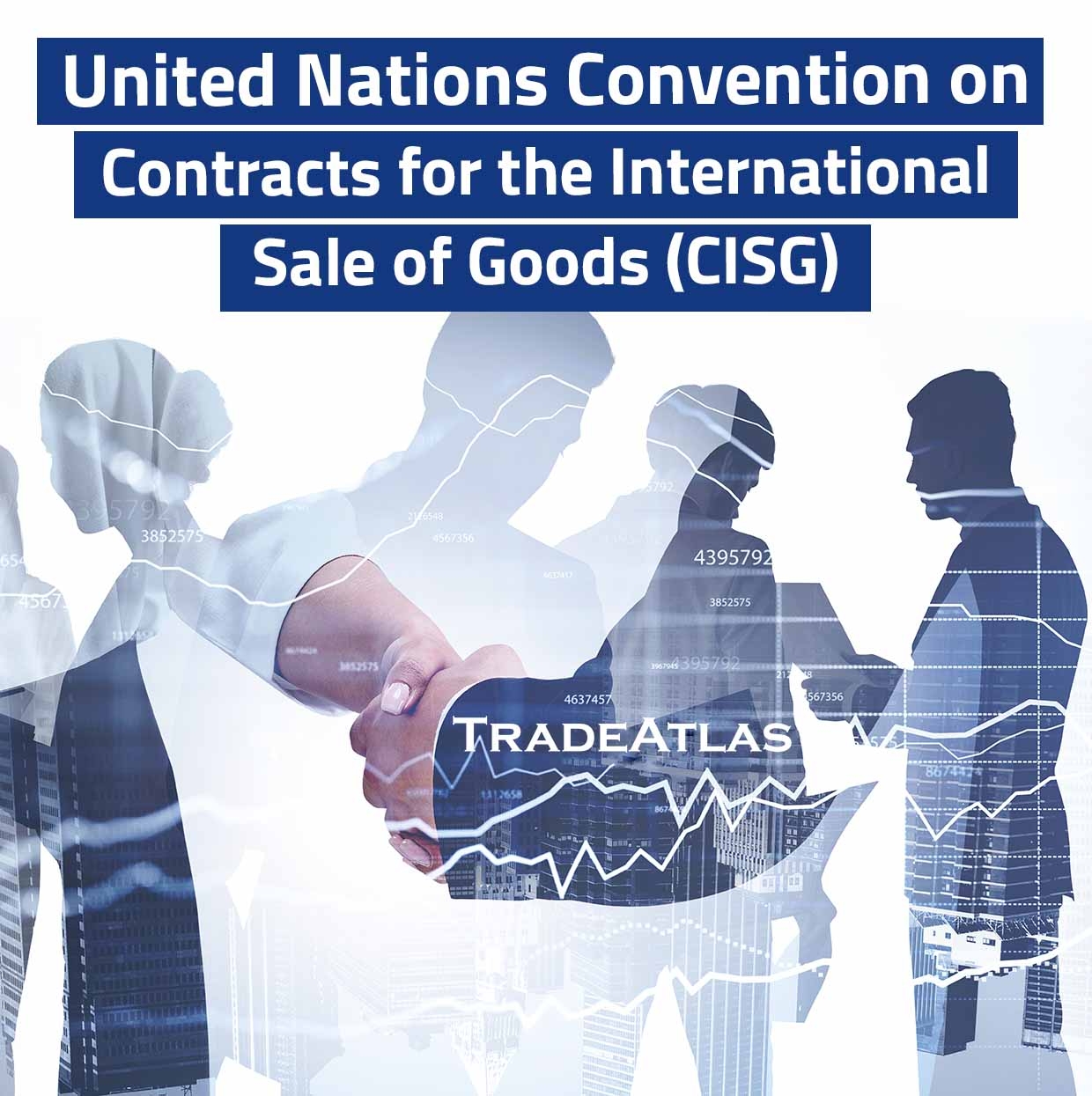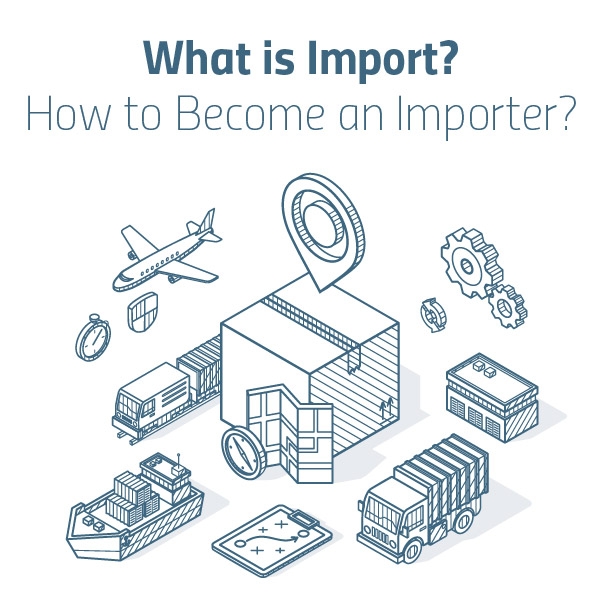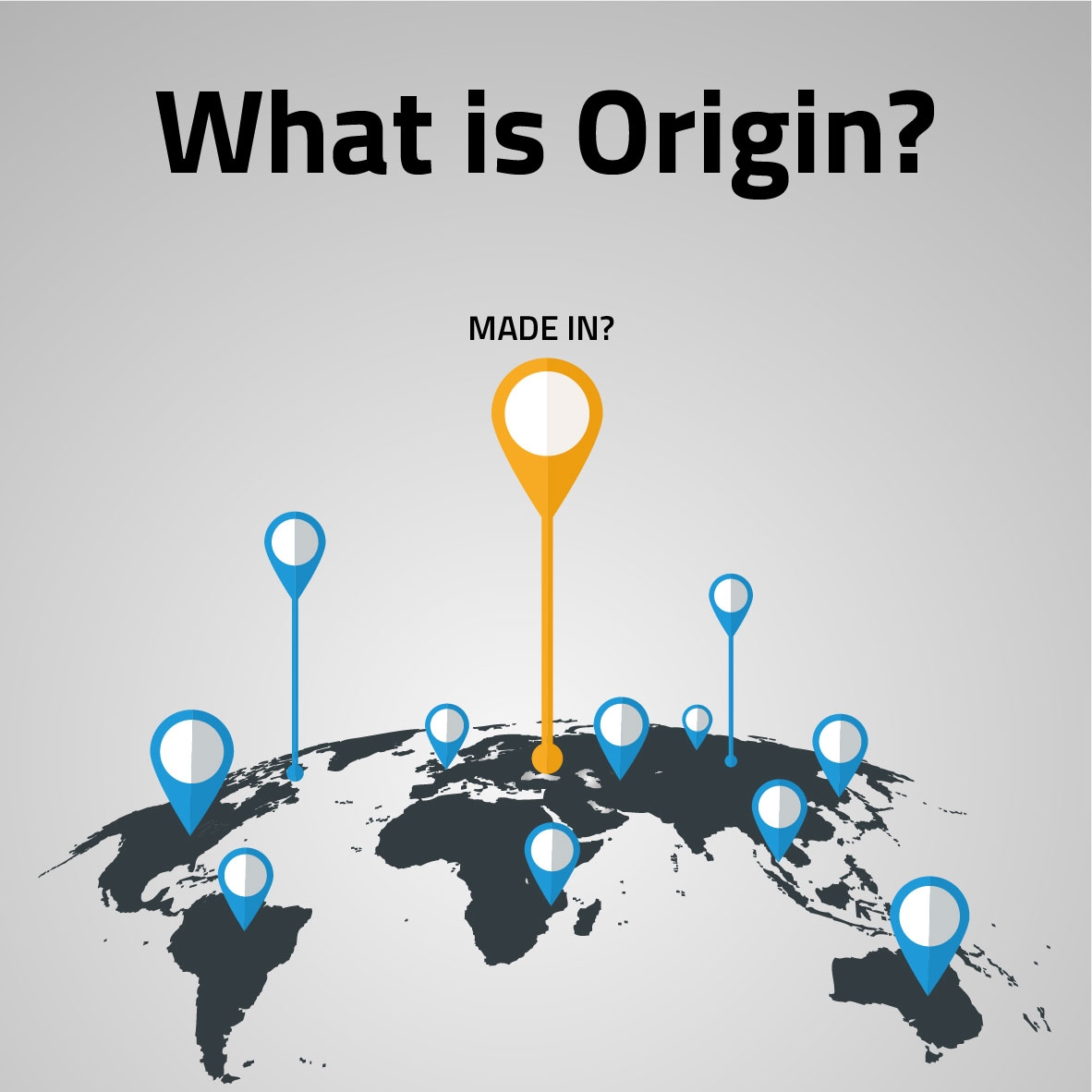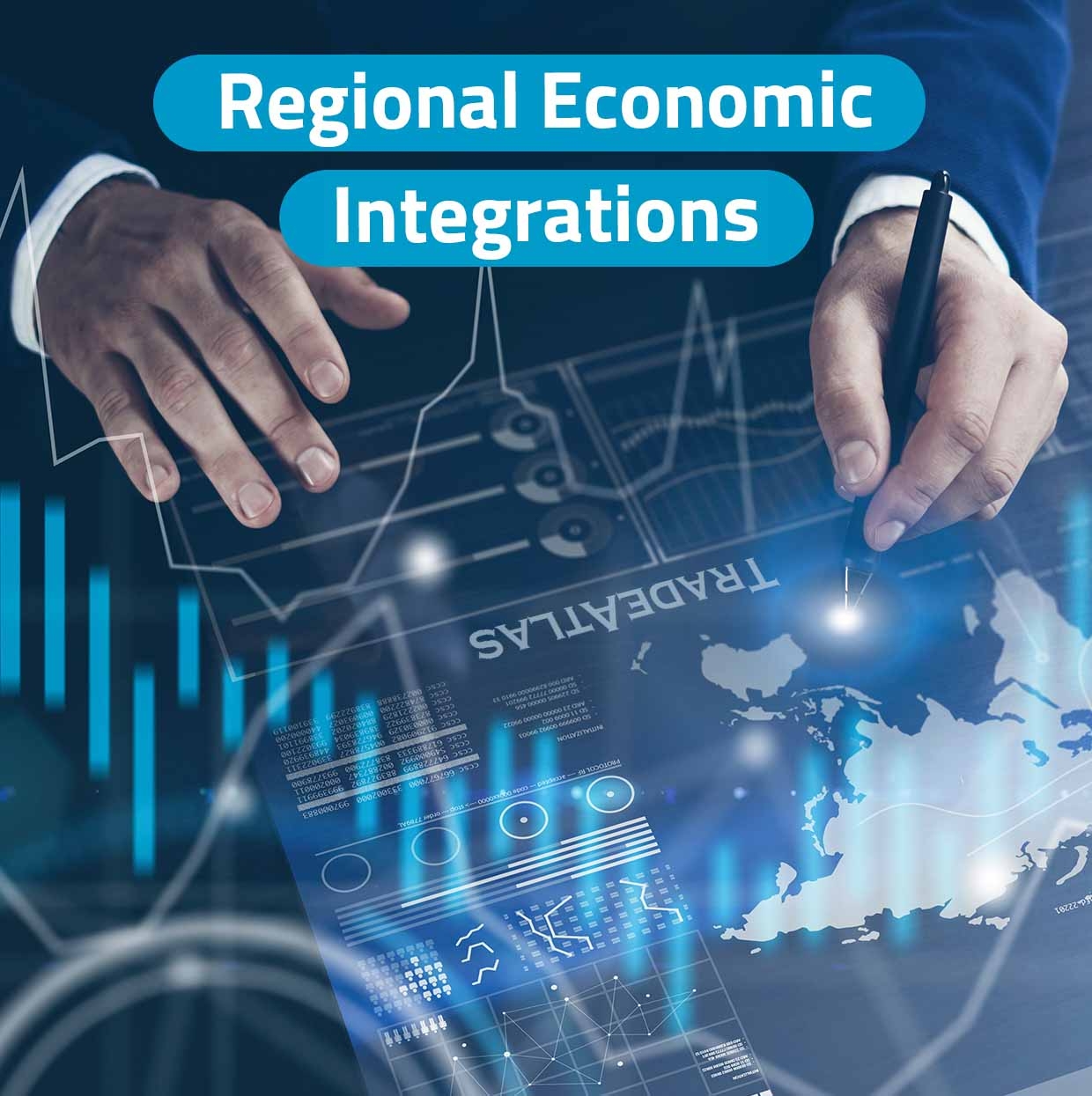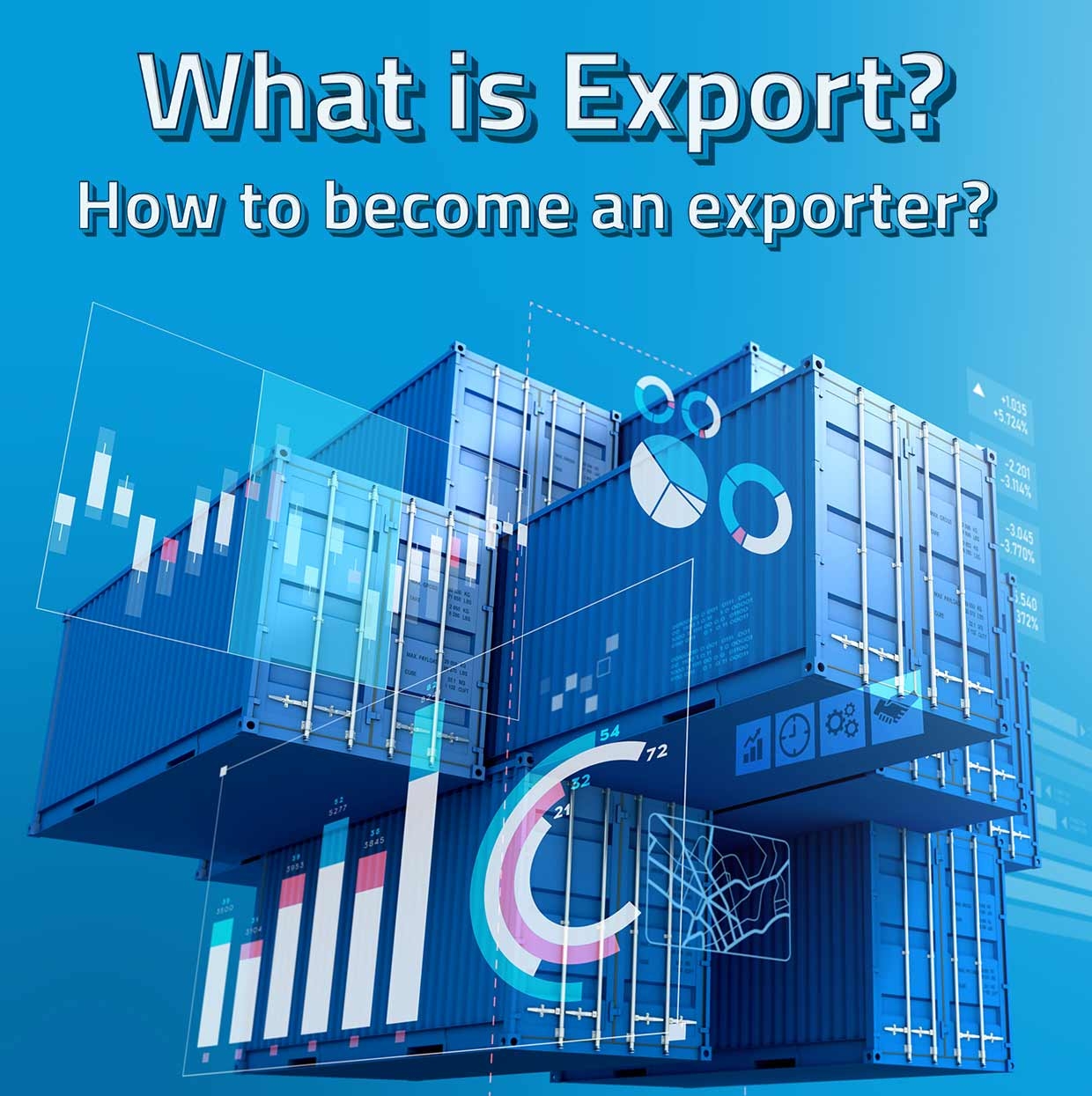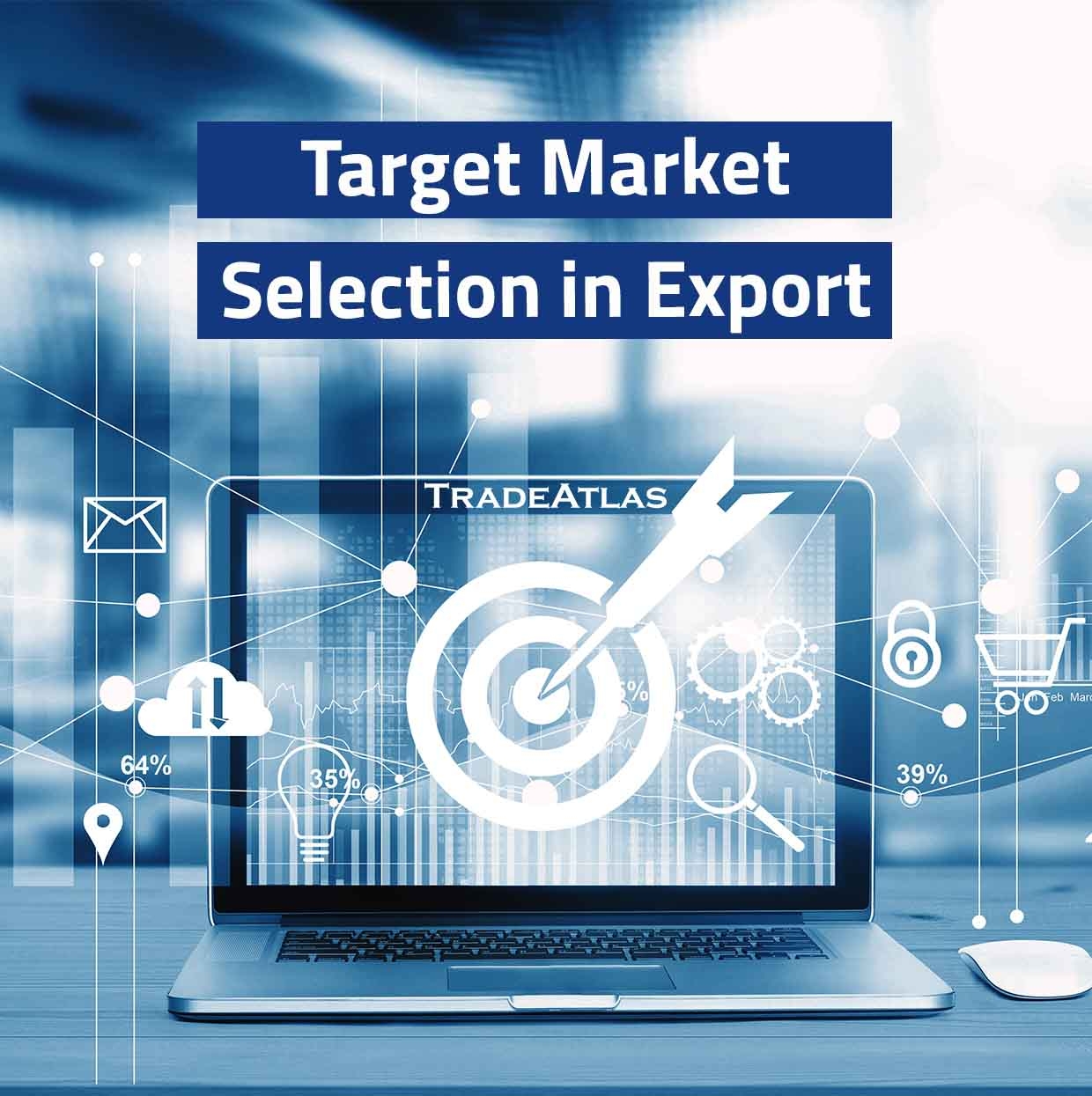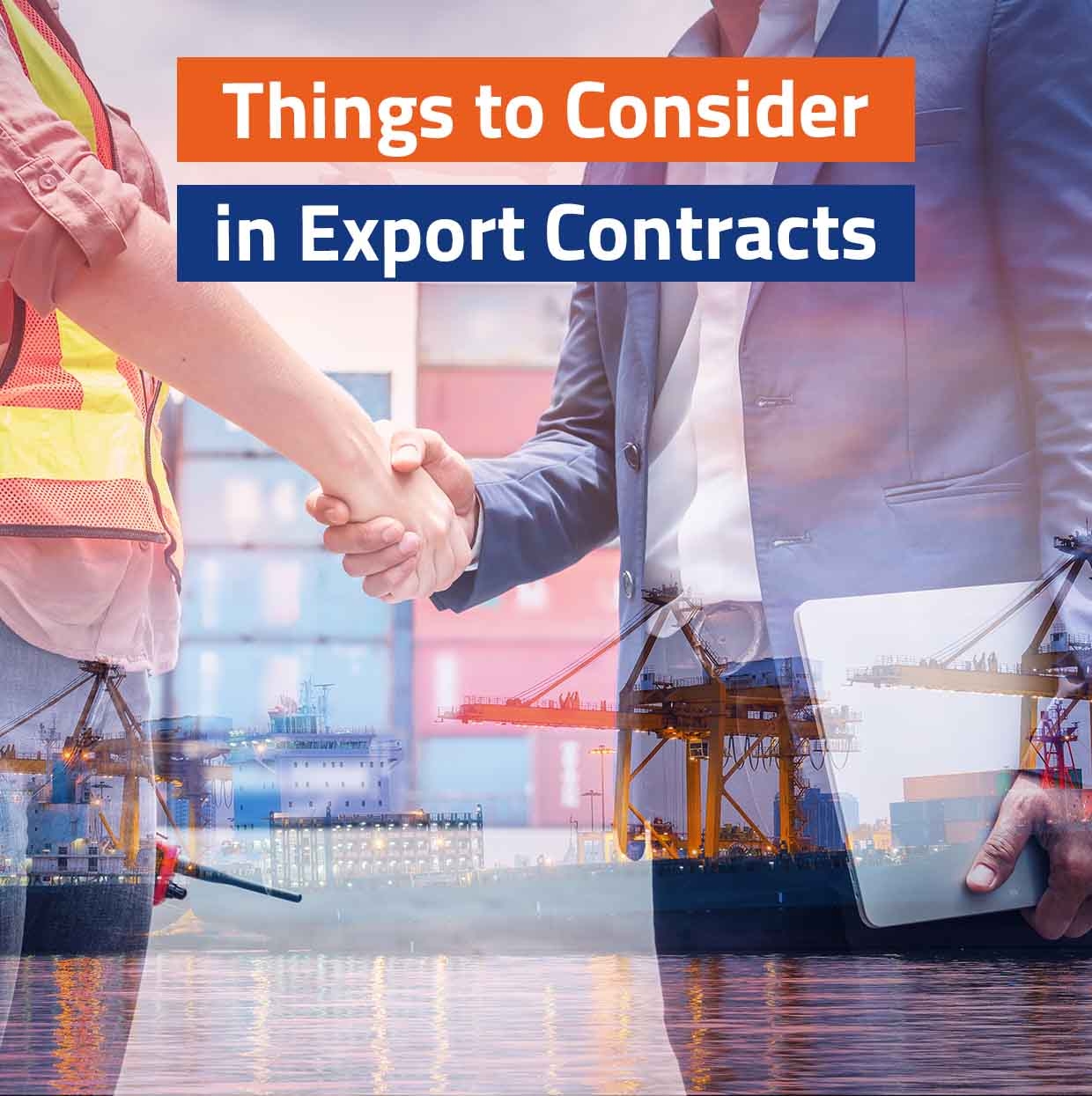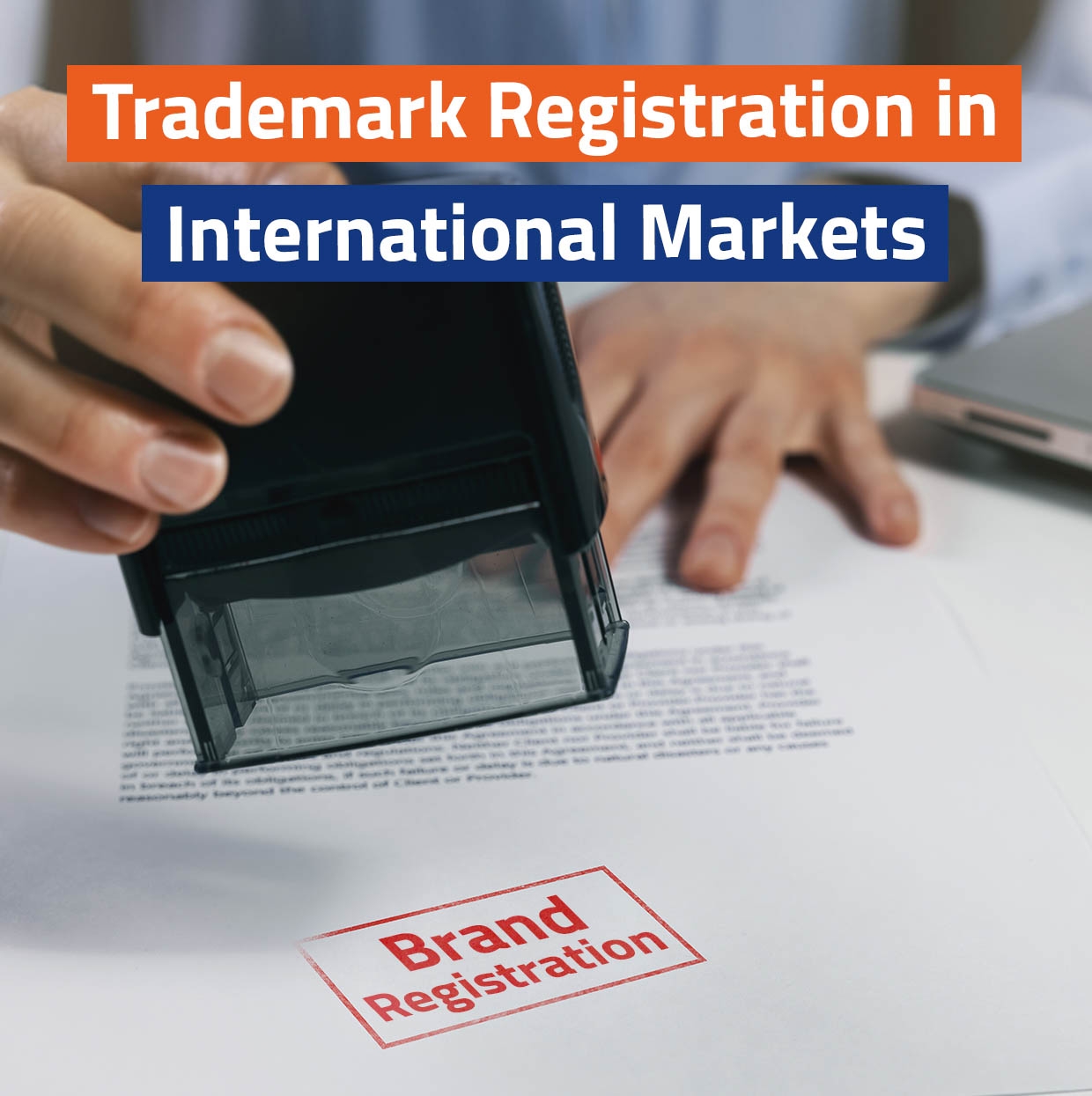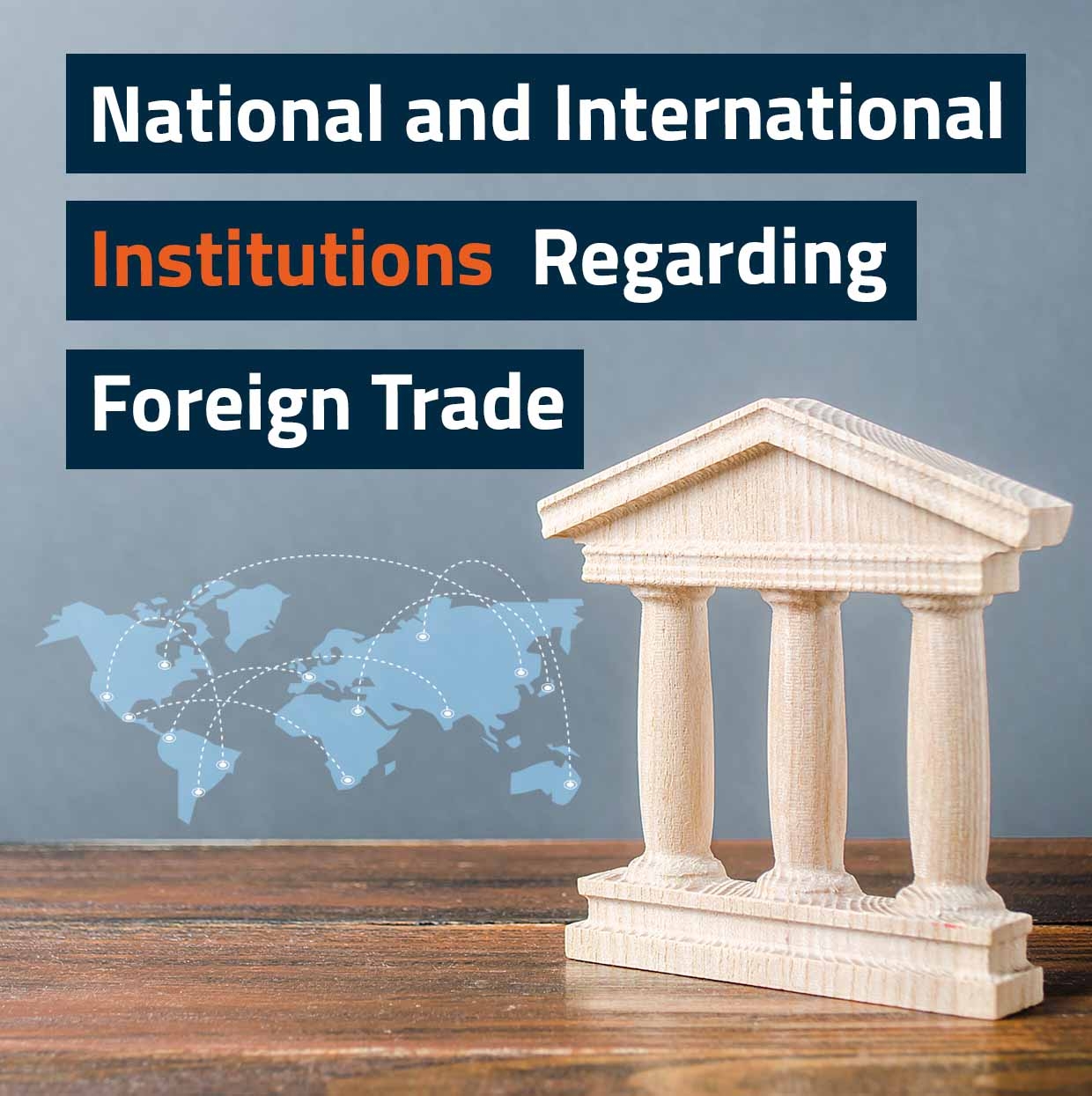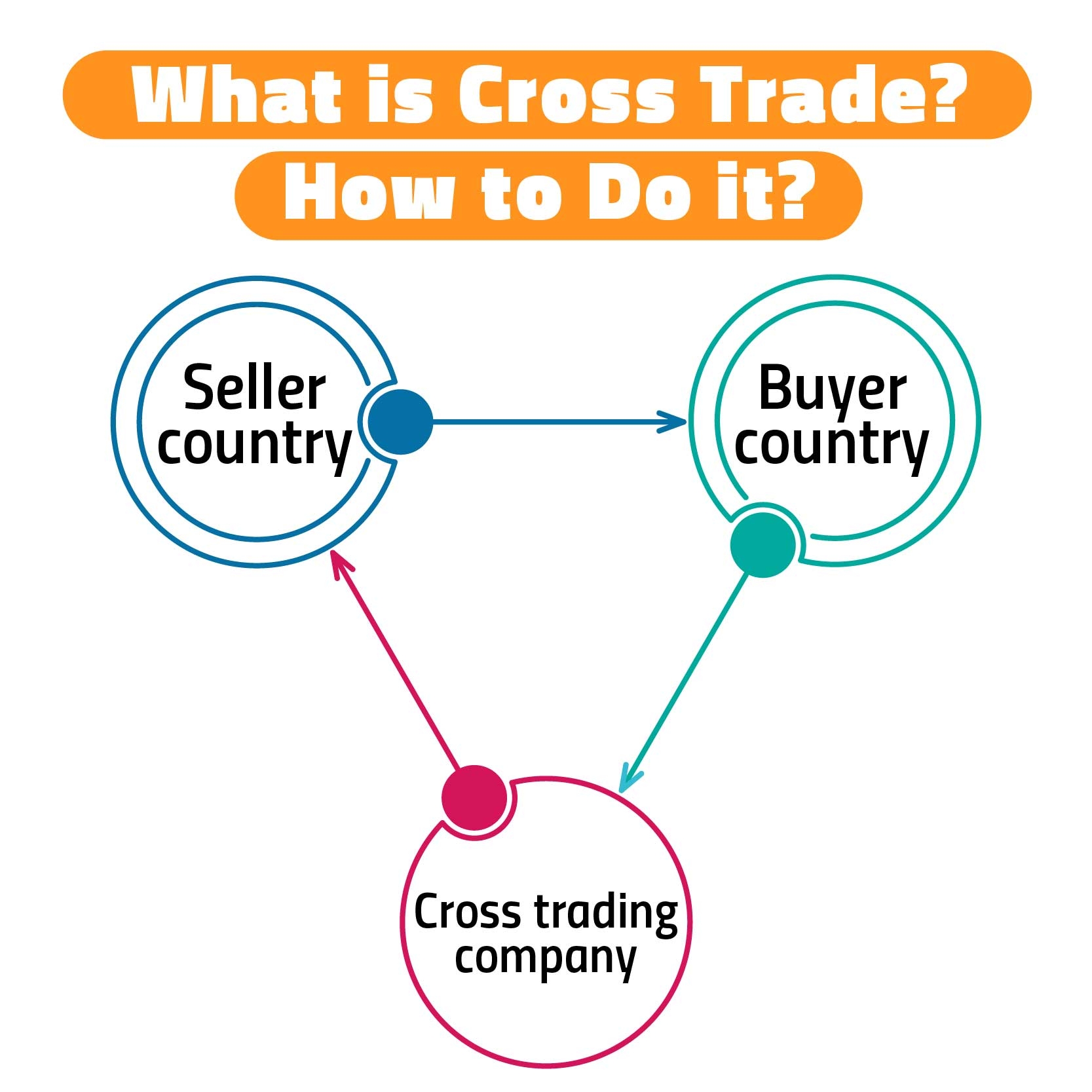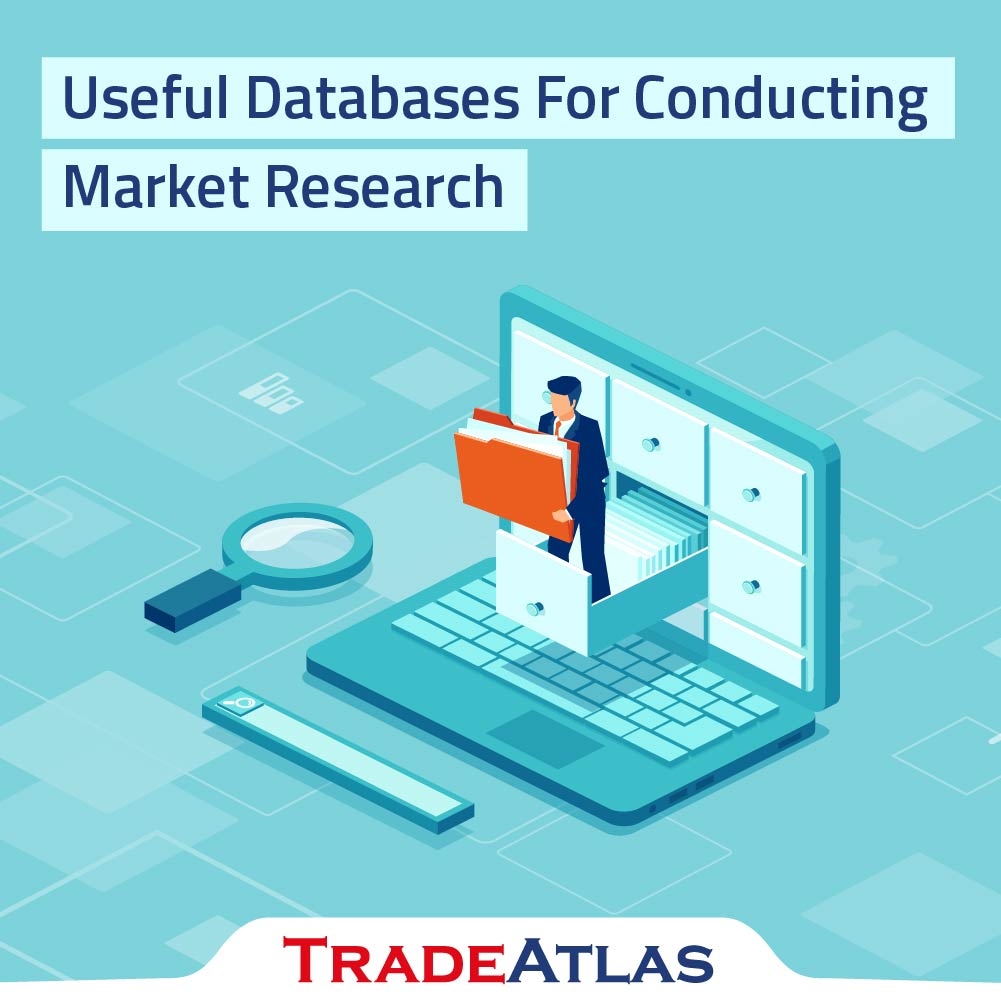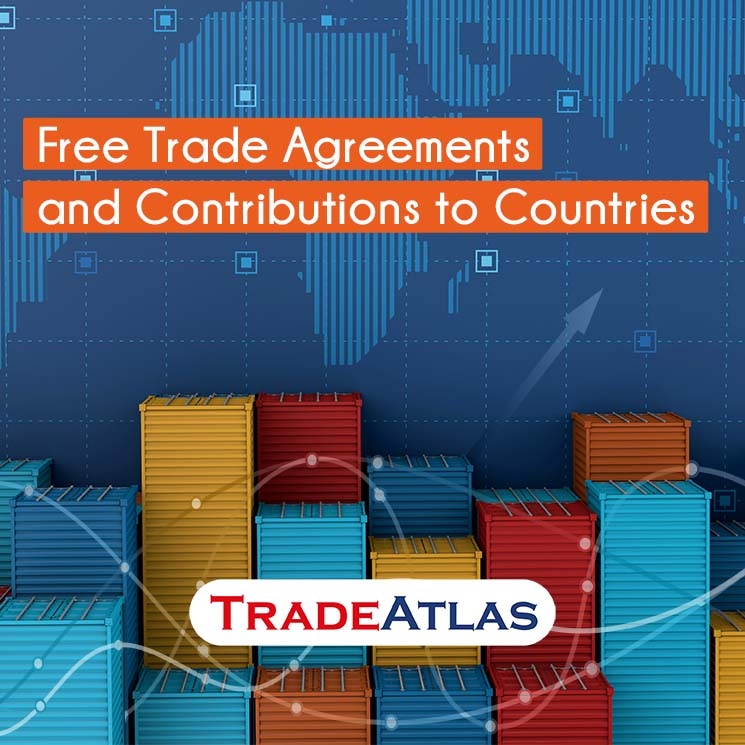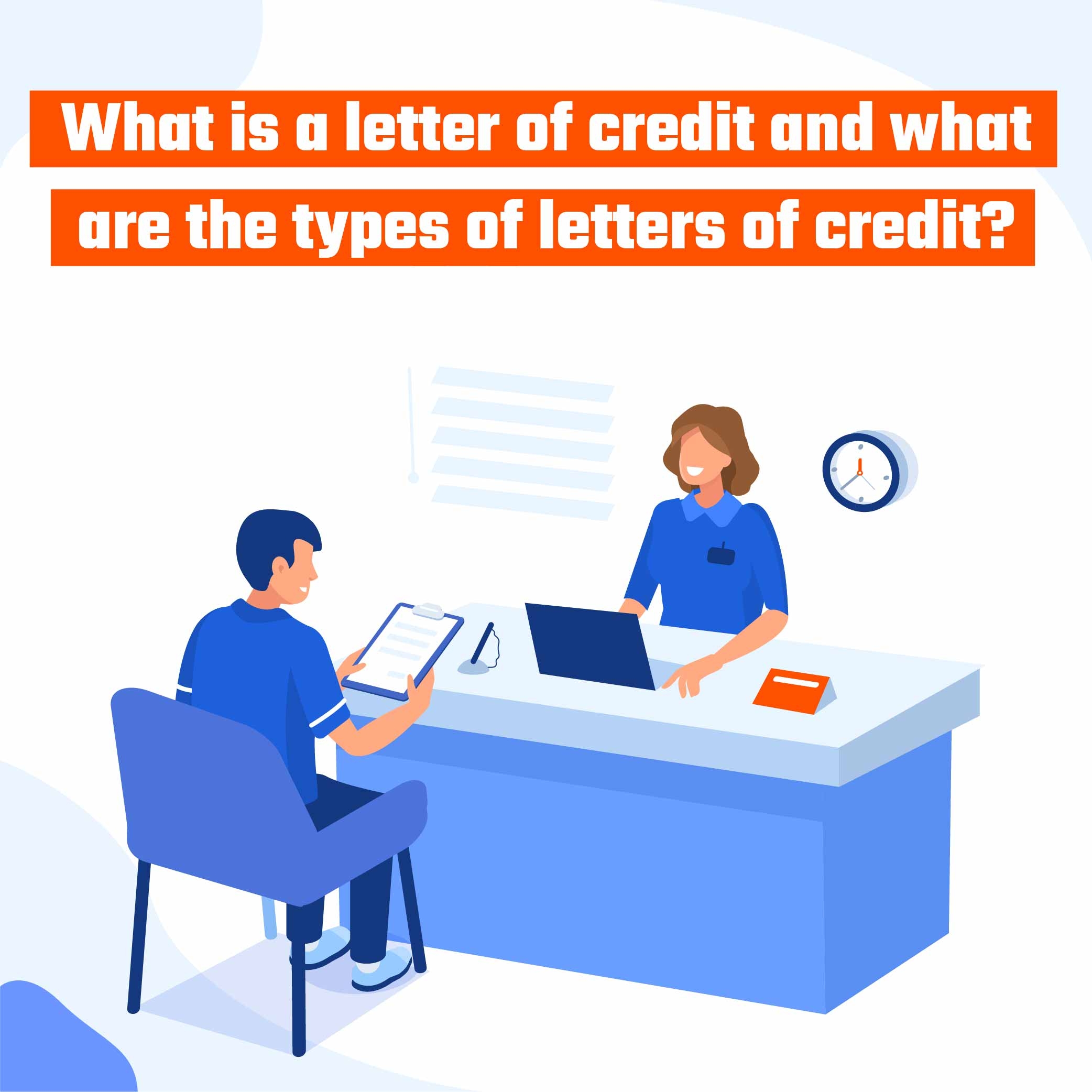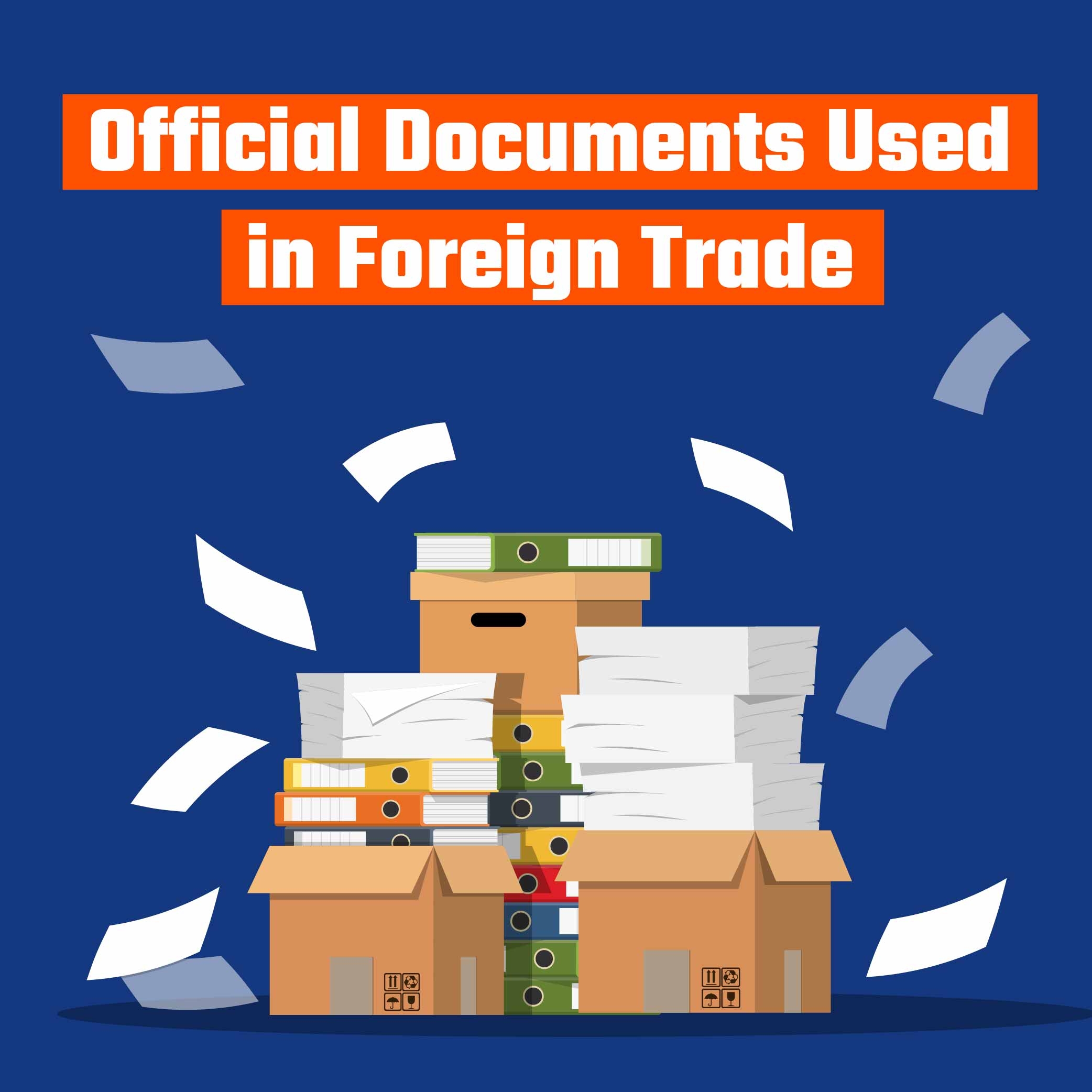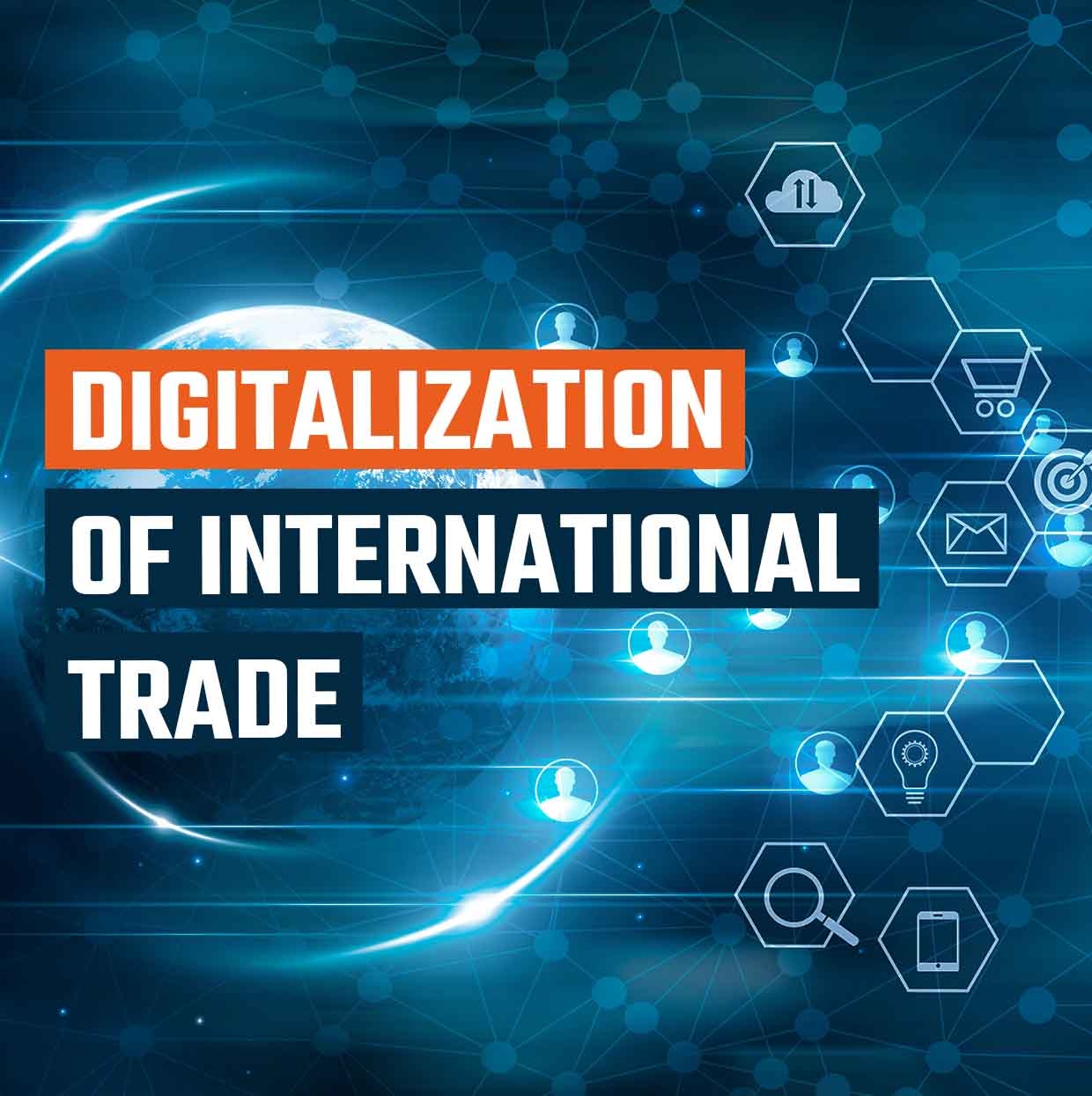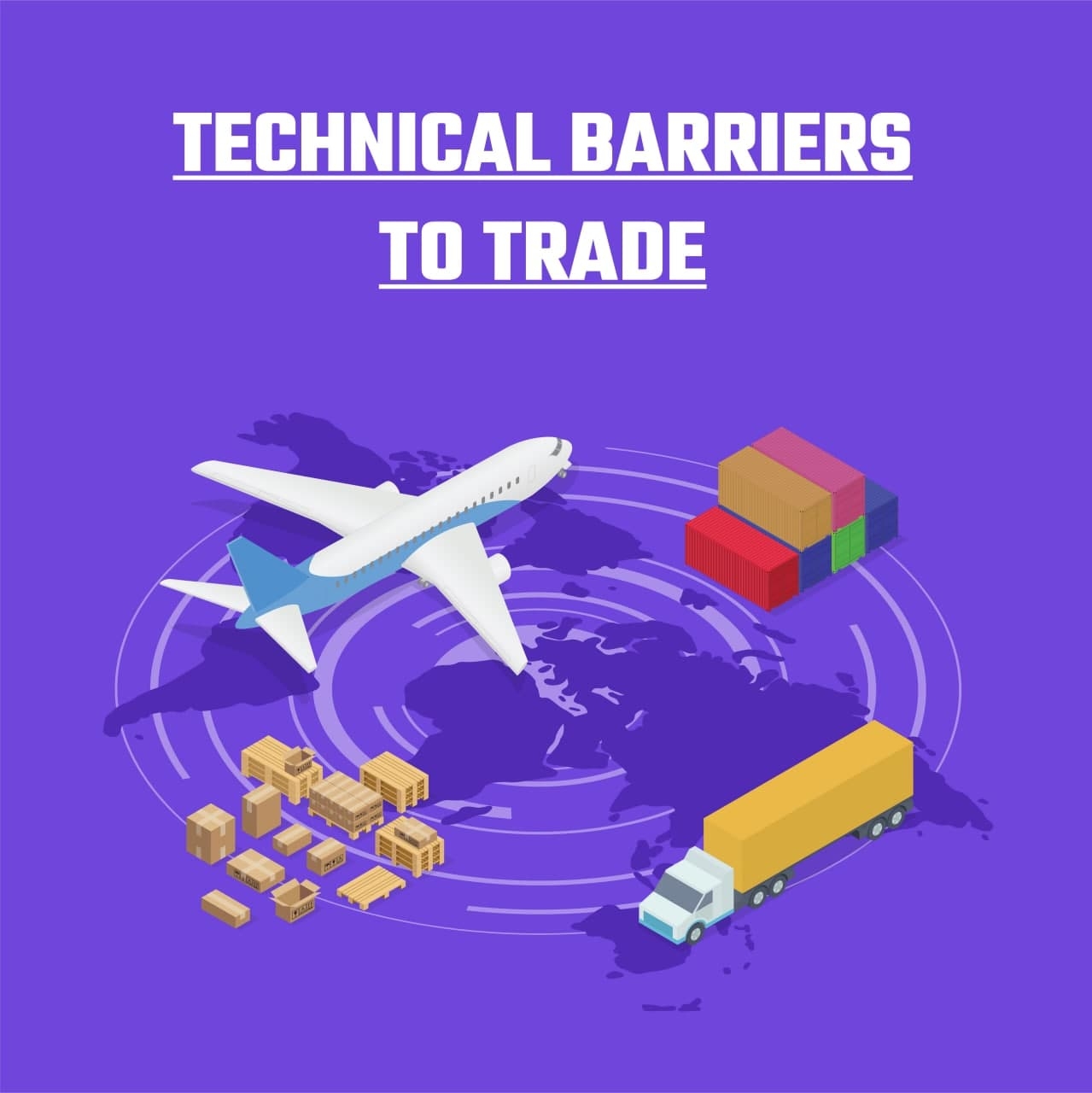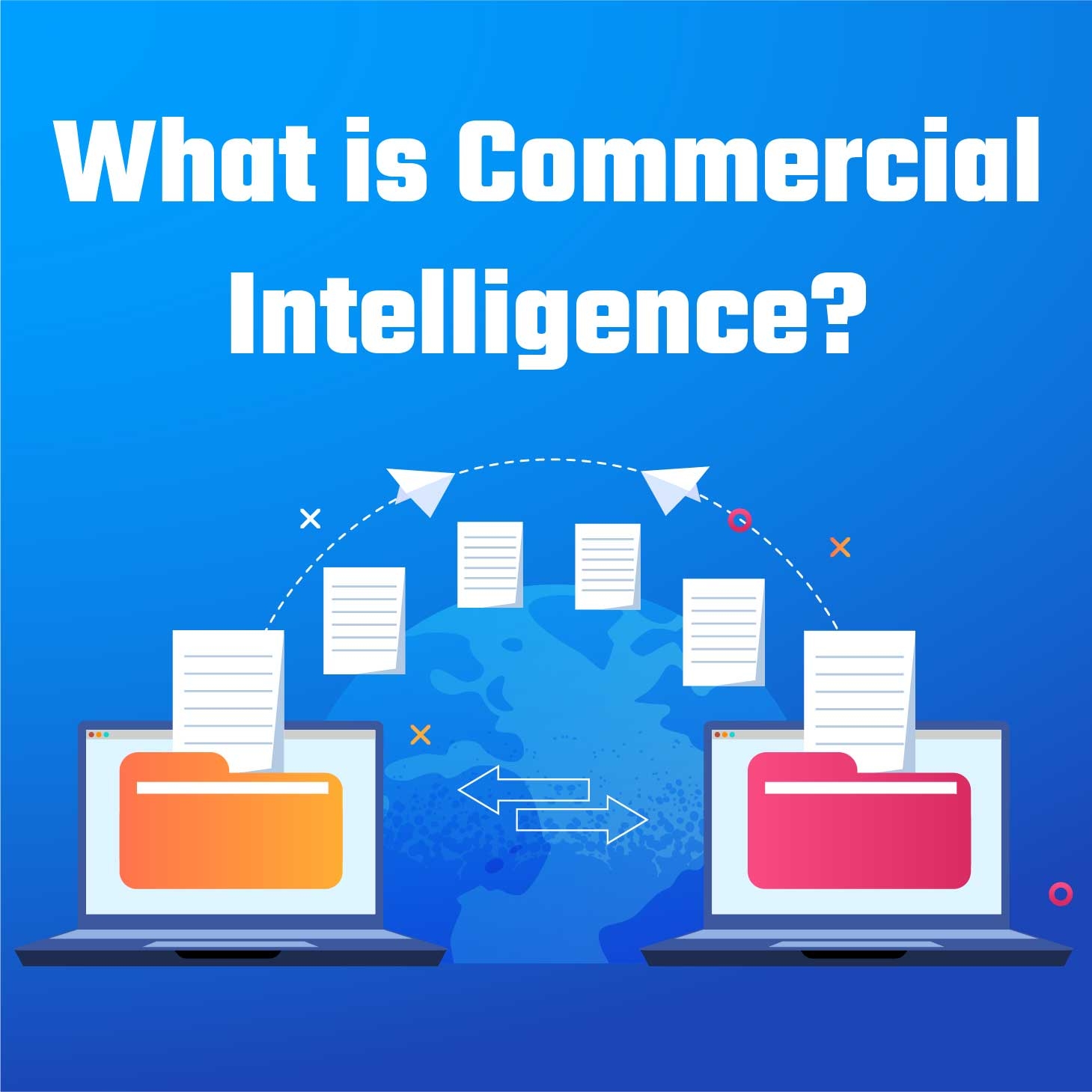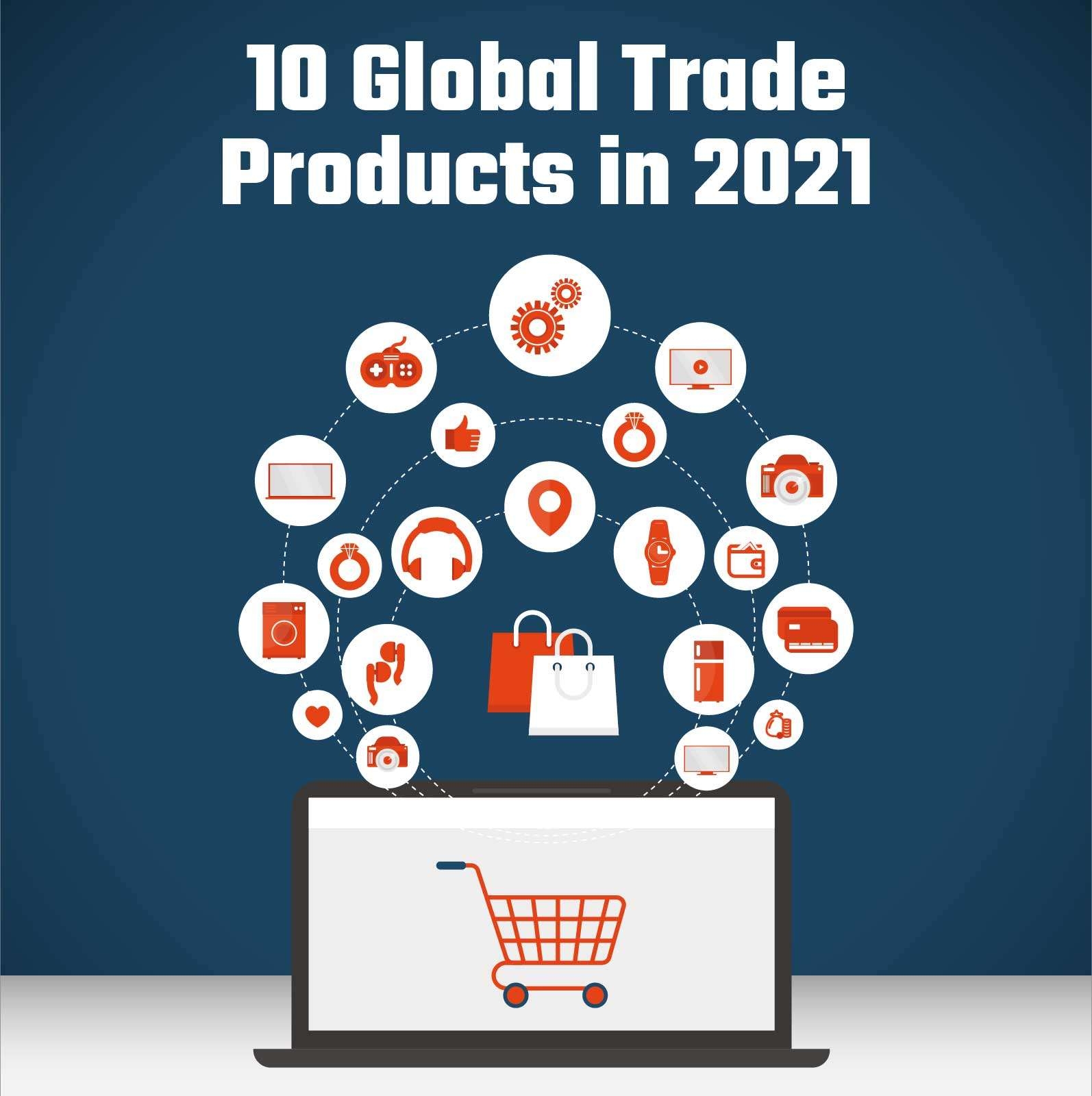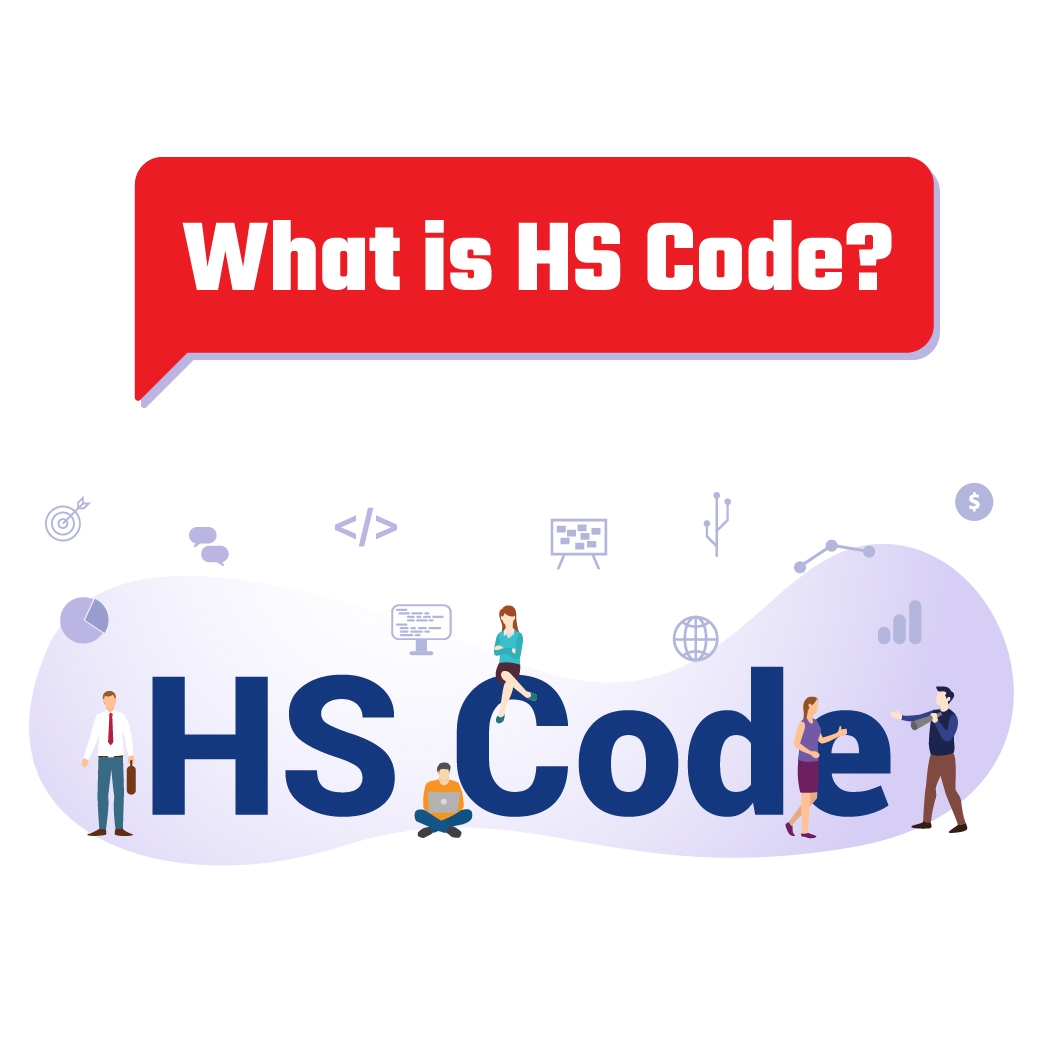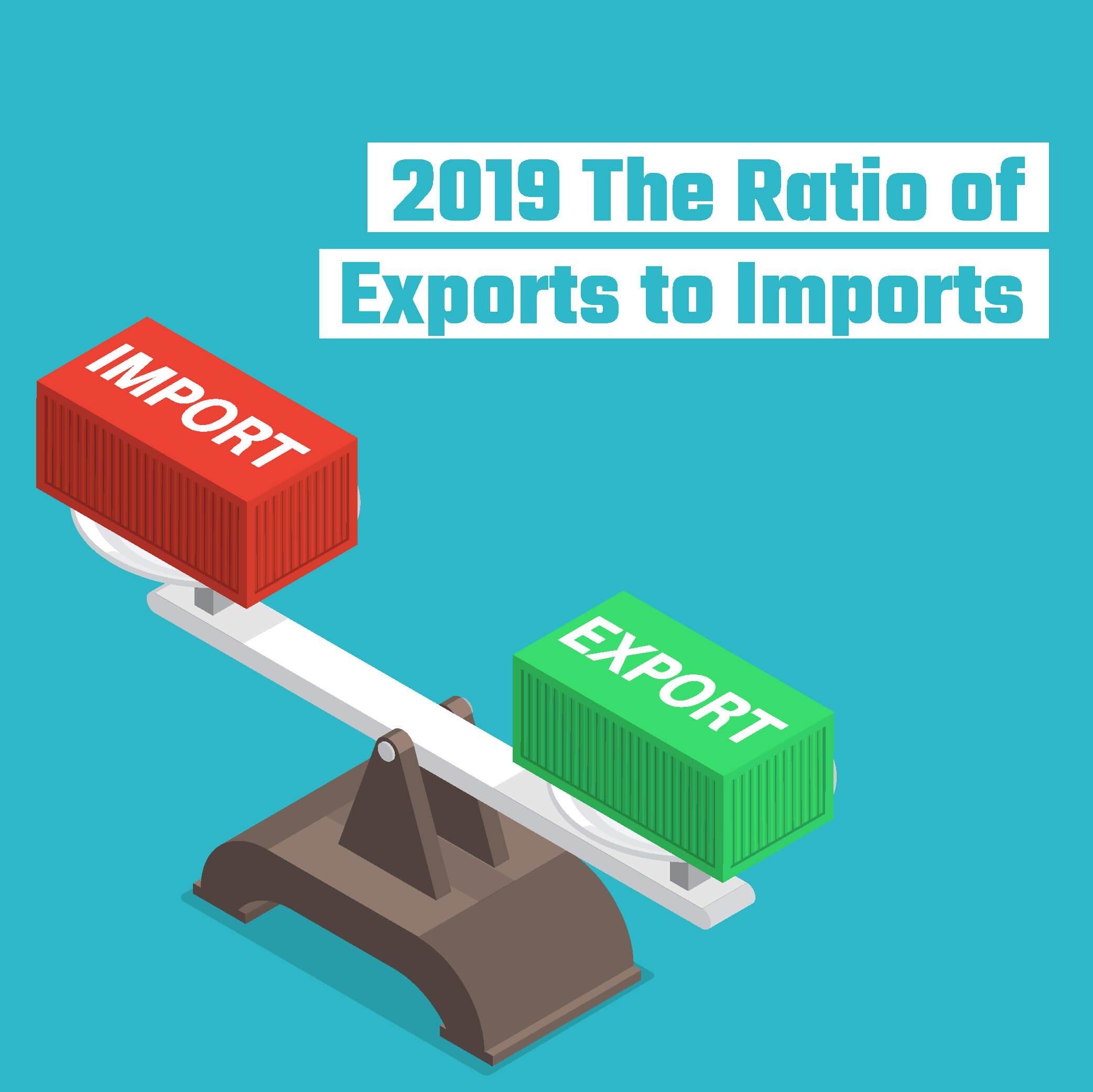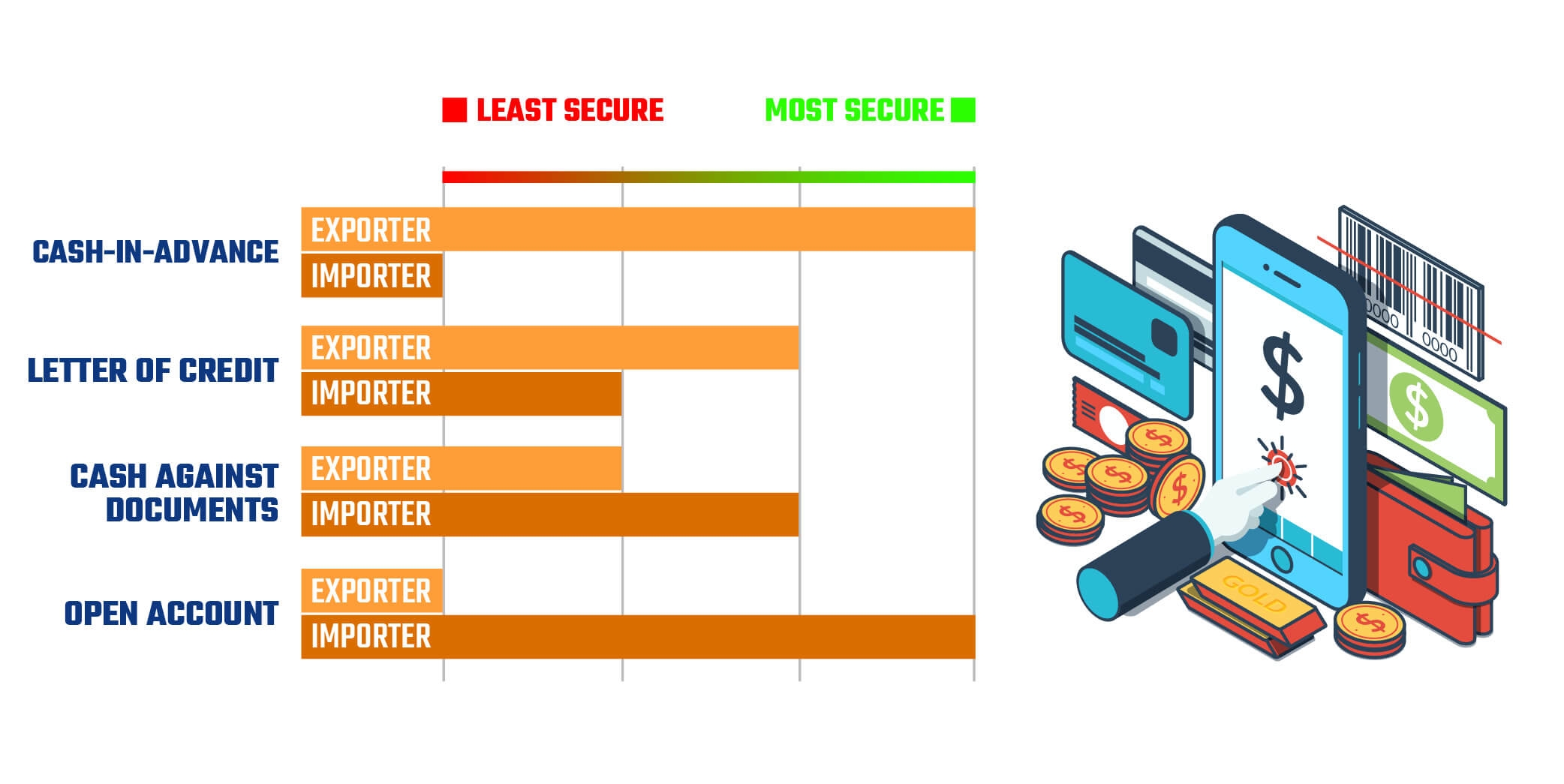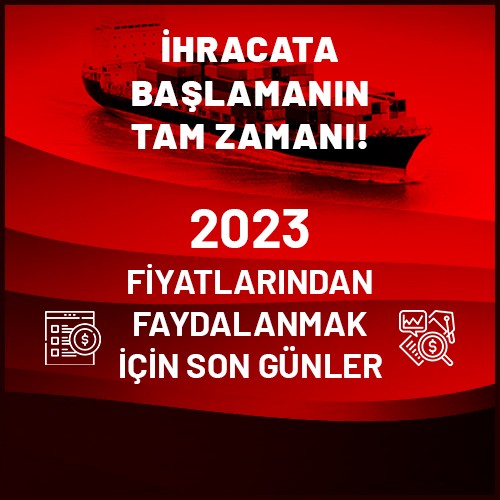Blockchain
is a form of data retention that provides verification, assurance, and
transparency without the need for central authorities. Since it is accessible
to everyone, it can be thought of as a transparent account book that makes it
easier to follow the transactions made in the business world. A Blockchain
network can follow accounts, orders, payment transactions, production, etc. It
can be shared and used by anyone in P2P (peer-to-peer) form but cannot be
changed. There are many parties and many transactions involved in international
trade processes. Blockchain system offers a faster, decentralized, therefore
more secure and paper-free, more affordable way.
SO
HOW DOES BLOCKCHAIN WORK?
Each
job to be executed is recorded as a data block. These operations show the
movement of a tangible product or an abstract idea. Data files can record
information such as when, who, where, how much, and perhaps in what situation.
Each block is linked to the previous and next blocks. And each block has a code
called “hash” as if it were a unique fingerprint. It serves to create a secure
summary of the data, as the output will be the same length, no matter how long
or different the input. As an asset moves from one place to another or changes
ownership, these blocks form a data chain. Blocks verify the exact time and
order of transactions. The blocks are securely connected to each other to
prevent any block from being replaced or another block from being inserted
between two existing blocks.
BLOCKCHAIN
APPLICATION AREAS
When
it comes to trade and transfer, Blockchain is a fast, cheap, efficient, and
secure system for both individual and corporate-scale transfers, as it is a
decentralized, transparent data retention system open to everyone and provides
the verification stage in transfers without requiring third parties or official
authorities. It provides a more convenient and reliable alternative for us in
terms of facilitating the summary and follow-up of the transactions made in the
field of foreign trade, official documents, and the verification of these
documents.
In
summary, there are many Blockchain-based projects that will facilitate and
shorten foreign trade processes, reduce costs, errors and risks, save time and
thus increase trade volume. And thanks to technological developments, the
applicability, and future of this system are quite promising.
It
is very easy to reach importers and exporters all over the world directly with
TradeAtlas! TradeAtlas is a global importer and exporter search engine that
contains 1.5 billion bills of lading and shipment details data of 17.5 million
importer companies in more than 230 countries around the world. TradeAtlas is
with you to accompany you in taking steps towards becoming a more important
part of global trade! To become part of the global ecosystem, you can register
and search for free by clicking here.


